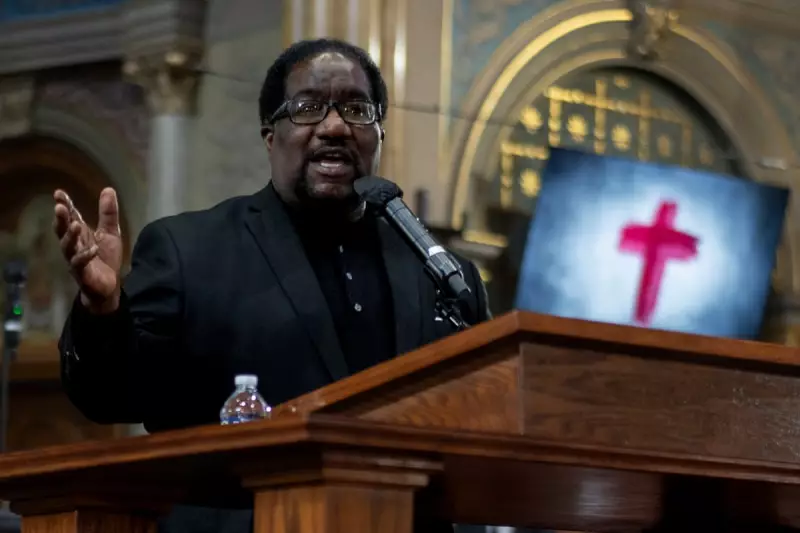
In a move that has sent shockwaves through the American political landscape, former President Donald Trump has publicly inserted himself into Chicago's escalating crime crisis, prompting a fierce backlash from the city's leadership and legal experts.
The intervention, detailed in a lengthy social media post and subsequent statements, saw Trump lambast Chicago's approach to violent crime and offer unsolicited advice—and what some interpret as a threat—to intervene directly. The former president's rhetoric has been characterised as unusually confrontational, even by his own standards.
A City Under Pressure
Chicago, long grappling with episodes of severe violence, finds itself at the centre of a renewed national debate on policing and public safety. Trump's comments zeroed in on this vulnerability, criticising current strategies and invoking his own presidential record on law and order.
His statements suggest a readiness to involve himself in local affairs, a prospect that has alarmed officials who view it as a blatant overreach and a challenge to the city's autonomy.
Fury from the Windy City
The response from Chicago was swift and unequivocal. Mayor Lori Lightfoot led the charge, delivering a scorching rebuttal that labelled Trump's actions as "grandstanding at its most dangerous." She accused him of exploiting a tragedy for political gain and undermining local efforts to build community trust.
Legal scholars have been quick to weigh in, questioning the legality and practicality of a former president attempting to wield influence in a jurisdiction where he holds no office. The consensus suggests such an intervention would be unprecedented and fraught with constitutional challenges.
Political Repercussions and National Echoes
This incident transcends Chicago's city limits, reflecting the deeply fractured state of American discourse on crime and governance. Trump's re-emergence into this heated debate signals his intent to remain a dominant voice on national issues, potentially shaping the Republican agenda ahead of the next election cycle.
Analysts suggest the move is calculated to resonate with his base, reinforcing his image as a law-and-order stalwart willing to confront Democratic-led cities. However, it also risks further alienating moderate voters and deepening partisan divides on policing policy.
As Chicago continues to confront its challenges, this external political firestorm adds a complex new layer to an already difficult situation, ensuring that the city's struggle with violence remains in the national spotlight.





